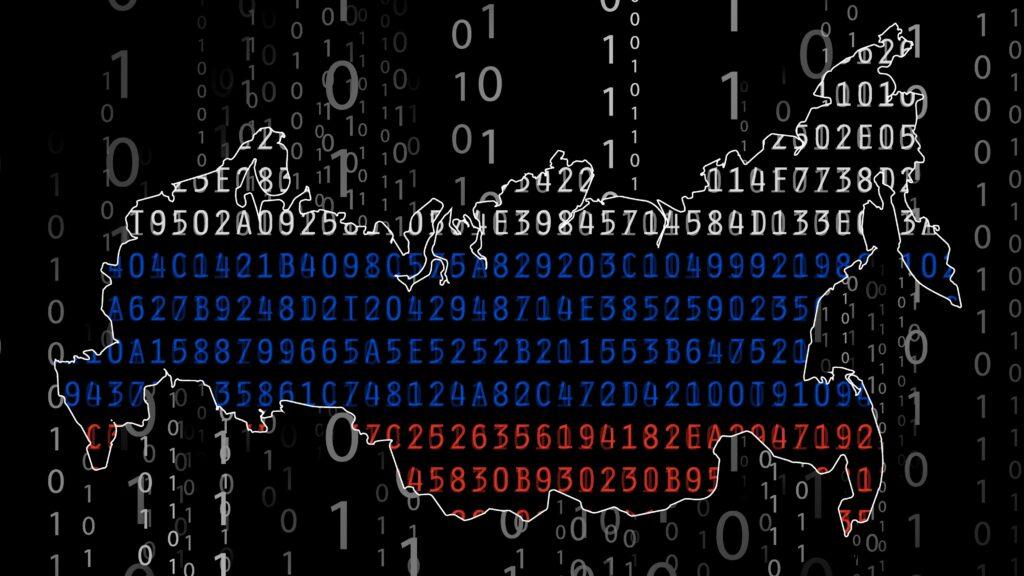The VPN purge of Russian official application stores continues, and smaller suppliers become the new objective after Apple and Google.
Between May 15 and 16, 2025, Samsung and Xiaomi eliminated the Adguard VPN application to Roskomnadzor’s demand. At least one more VPN supplier, Hidmyname VPN, has also been removed from the Huawei store in Russia and China, a Russian VPN digital rights group, VPN Guild, confirmed to Techradar.
“The elimination of VPN applications from application stores marks a clear escalation in the repression of Russia in digital privacy tools,” said VPN Guild president Alexey Kozliuk.
It is not an isolated incident
Recent events, explains Kozliuk, are not isolated incidents, but part of a broader and continuous campaign to block the access of Russian citizens to uncensored information and control the use of the Internet.
In October 2023, for example, Hidmyname filed the first lawsuit against the infamous regulator of the Kremlin censorship body, Roskomnadzor. In January 2024, the authorities considered that the VPN supplier was a “foreign agent.”
In March 2024, the Government approved a new law to criminalize the spread of information on the ways of avoiding Internet restrictions. This is probably the legal basis on which the Russian censoring agency began to issue these demands for eliminating technological companies.
As of July 2024, Apple has eliminated at least 60 VPN applications, including Adguard VPN, a Popular Russian service and VPN, along with some of the best VPN services on the market. This brought the total toll to almost 100 VPN applications not available in the Russian App Store.
While Google seems to be mostly resistant to these demands so far, recent data shows that at least 53 VPN are also not available at the Google Play store in Russia.
Now, the objectives of the authorities have also expanded towards suppliers of smaller application stores.
“We are seeing a coordinated squeeze on the platforms, limiting the ability of users to avoid restrictions,” Kozliuk said. “What is especially worrying is the growing role of global technology companies to enforce local censorship, either under direct state pressure or as preventive compliance.”
Greatfire’s campaign and defense director, Benjamin Ismail, also shared the same concerns. Through the Appcensorship project of the organization, Ishmail and the team have been occupied by monitoring an amazing increase in these VPN eliminations in the official Apple and Google application stores.
While it is the first time that Ismail learned of an incident of this incident that involves the Samsung Galaxy application store, he told Techradar that a smaller supplier (F-Droid) was also beaten by a similar application in 2024.
According to Ismail, this can mean that Roskomnadzor has understood that he can try to pressure technology suppliers. “Smaller suppliers can fight more to resist these demands, since the possibility of not being completely available in Russia could be a problem for these platforms,” he added.
The VPNs will continue to be a critical defense line for Digital Liberty
Alexey Kozliuk, VPN Gremio Chair
This is exactly the reason why experts have argued for a long time that the great technological giants, who have the means and resources, should maintain the human rights of their users and challenge the Kremlin censorship requests.
When commenting on this point, Kozliuk of the VPN guild said: “This underlines the urgent need to provide users with more control and make less depend on centralized platforms and application ecosystems, as well as the need for greater international promotion to hold the technological platforms.
“As political tensions increase, especially around elections or protests, these repressions will probably intensify, and VPNs will continue to be a critical line of defense for digital freedom.”




